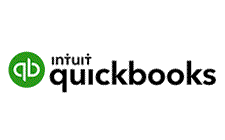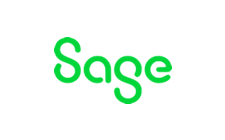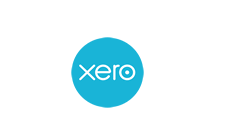Furlough scheme extended again
The Coronavirus Job Retention Scheme (CJRS) had been due to finish at the end of April 2021. Today it's been announced that it will be extended again until the end of September. Employers will, however, start to bear more of the cost of the scheme as it’s wound down. What's the full story?

Currently under the CJRS, employers can claim for 80% of a furloughed employee’s salary up to £2,500 per month, only needing to pay employers' NI and pension contributions in relation to these grants. However, they will need to start contributing more from July (currently just after the last stage of the roadmap to exiting lockdown restrictions) onwards as follows:
- From July, they will also have to contribute 10% of furlough pay. This means that they will only be able to claim for 70% of furlough pay and must make up the difference so that furloughed employees continue to receive the 80% minimum.
- From August, this contribution increases to 20% of furlough pay. This means that employers will only be able to claim for 60% of furlough pay and must make up the difference so that furloughed employees continue to receive the 80% minimum.
More information can be found here.
Related Topics
-
Planning ahead for pension salary sacrifice changes
From 6 April 2029, both employers and employees will be required to pay Class 1 NI on pension contributions in excess of £2,000 made through a salary sacrifice arrangement. What can you do about it?
-
Marginal relief - responding to an HMRC nudge letter
HMRC is running a campaign to clamp down on incorrect claims for corporation tax marginal relief (MR). In what circumstances might you be challenged by HMRC and how should you respond?
-
Can you claim input tax on costs linked to electric cars?
Your business intends to go green and buy new electric cars. Can you claim input tax on the purchase of the vehicles and their subsequent fuel costs? Additionally, what recent change has been announced by HMRC?






 This website uses both its own and third-party cookies to analyze our services and navigation on our website in order to improve its contents (analytical purposes: measure visits and sources of web traffic). The legal basis is the consent of the user, except in the case of basic cookies, which are essential to navigate this website.
This website uses both its own and third-party cookies to analyze our services and navigation on our website in order to improve its contents (analytical purposes: measure visits and sources of web traffic). The legal basis is the consent of the user, except in the case of basic cookies, which are essential to navigate this website.